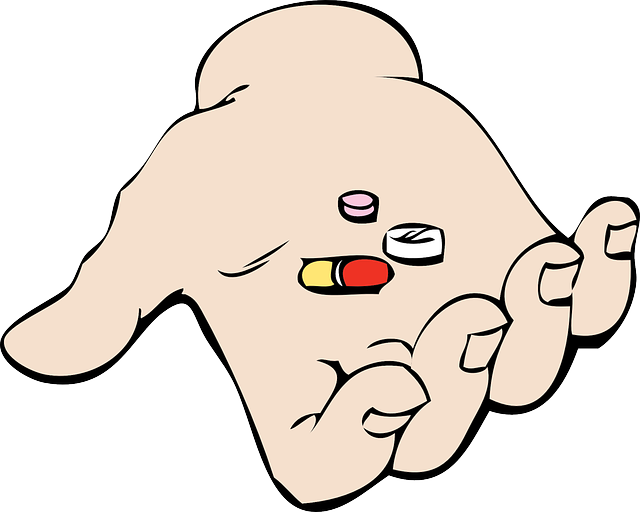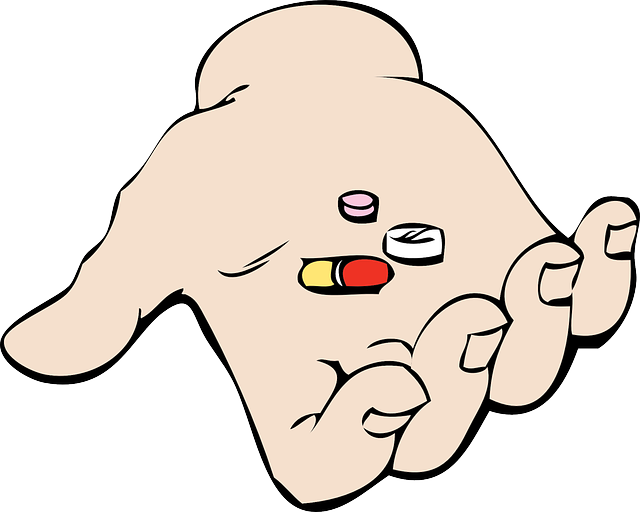Cognitive-Behavioral Therapy (CBT) is an effective approach for addiction recovery, addressing negative thought patterns and promoting positive alternatives. Combining CBT with online support groups for loved ones of addicts creates a safe, supportive environment for sharing experiences, learning from peers, and improving coping mechanisms. Stress reduction techniques like yoga and meditation further enhance the benefits of CBT, offering holistic solutions for managing addiction's impact on well-being. These virtual communities provide unique, accessible spaces for connection, understanding, and personal growth in early sobriety, ultimately fostering empathy, compassion, and stronger bonds affected by substance use disorders.
Cognitive-behavioral therapy (CBT) offers a transformative approach to mental well-being, empowering individuals to challenge and reframe negative thought patterns and behaviors. This evidence-based practice has proven effective in treating various conditions, including addiction. In addition to individual therapy, online support groups play a vital role in CBT, especially for loved ones of addicts, providing a safe space to connect, share experiences, and gain valuable insights from one another. By combining these strategies, CBT becomes a powerful tool for personal growth and recovery.
- Understanding Cognitive-Behavioral Therapy (CBT): A Powerful Tool for Reframing Thoughts
- The Role of Online Support Groups in CBT: Connecting Loved Ones of Addicts
- Empowering Clients: Strategies for Reframing Negative Thoughts and Behaviors Through CBT
Understanding Cognitive-Behavioral Therapy (CBT): A Powerful Tool for Reframing Thoughts

Cognitive-Behavioral Therapy (CBT) is a highly effective form of psychotherapy that focuses on the relationship between thoughts, feelings, and behaviors. It empowers individuals to identify and challenge negative thought patterns and replace them with more positive and realistic ones. CBT helps clients understand that their thoughts influence their emotions and actions, enabling them to take control of their mental health.
This therapeutic approach is particularly beneficial for those struggling with various challenges, including addiction and its impact on loved ones. Online Support Groups for Loved Ones of Addicts can provide a safe space to share experiences and gain insights from others facing similar situations. By participating in CBT alongside these support groups, individuals can enhance their coping strategies and improve their overall well-being. Incorporating practices like yoga and meditation classes for stress reduction further complements CBT, offering holistic solutions for those navigating the complexities of addiction and its aftermath.
The Role of Online Support Groups in CBT: Connecting Loved Ones of Addicts

Online support groups play a significant role in Cognitive Behavioral Therapy (CBT) by offering a unique space for loved ones of addicts to connect and share their experiences. These virtual communities provide an essential network for individuals navigating the challenges of addiction, fostering a sense of belonging and understanding. By participating in online support groups for loved ones of addicts, participants can gain valuable insights from others facing similar situations, fostering empathy and compassion.
This digital approach to support extends the benefits of traditional peer groups, making it accessible to those who may face barriers in attending in-person meetings. It offers a platform for open dialogue, where members can discuss strategies for coping with the complexities of addiction, including the impact on relationships. Moreover, these groups encourage healthy relationships coaching in early sobriety, helping individuals develop new habits and perspectives that promote personal growth and strengthen bonds affected by substance use disorders.
Empowering Clients: Strategies for Reframing Negative Thoughts and Behaviors Through CBT

Cognitive-behavioral therapy (CBT) is a powerful tool that equips individuals with the skills to challenge and change negative thought patterns and behaviors, ultimately fostering personal growth and improved mental well-being. Through CBT, clients learn to identify their distressing thoughts and emotions, question their validity, and replace them with more balanced and realistic perspectives. This process of reframing is crucial in addiction recovery, where addressing co-occurring mental health issues is essential for long-term success.
One effective strategy within CBT involves encouraging clients to participate in online support groups for loved ones of addicts. These digital communities provide a safe space to share experiences, gain insights from others’ journeys, and learn coping mechanisms specific to the challenges posed by addiction. Combining this group therapy approach with personalized mindfulness plans can further empower individuals to manage stress, anxiety, or urges related to addiction recovery.
Cognitive-behavioral therapy (CBT) offers a transformative approach to mental well-being, empowering individuals to challenge and reframe negative thought patterns. This article has explored the power of CBT in two key aspects: understanding its foundational principles and uncovering the role of online support groups for loved ones of addicts. By combining therapeutic techniques with digital connections, CBT becomes even more accessible, enabling people to take control of their mental health journeys while fostering supportive communities through online platforms. These strategies collectively highlight the effectiveness of CBT as a versatile tool in navigating and overcoming personal challenges.






